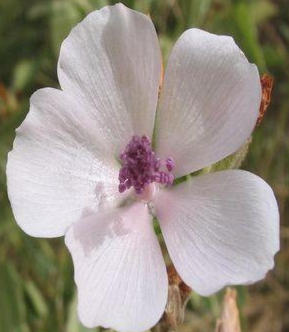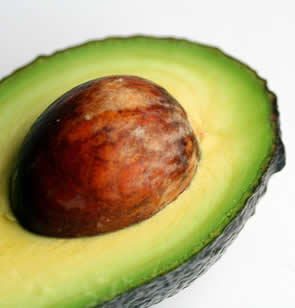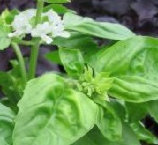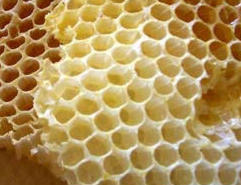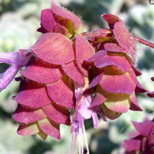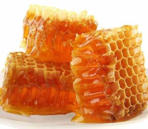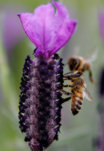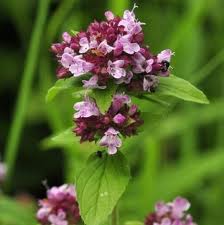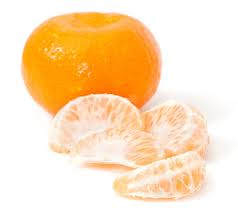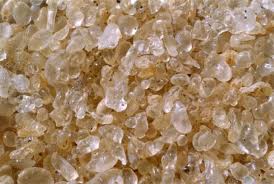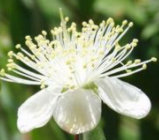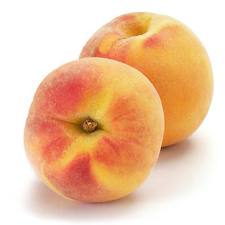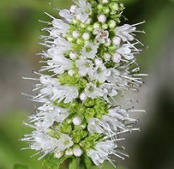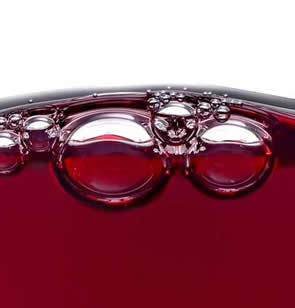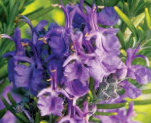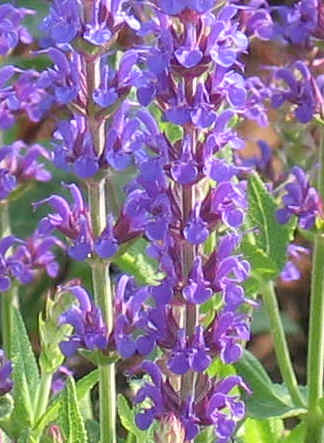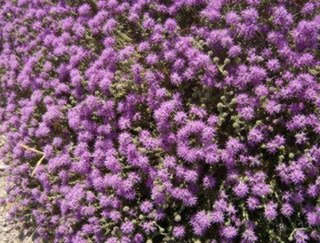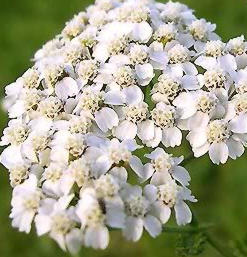
Mallow (Malva sylvestris)
Mallow is a vigorously healthy plant with showy flowers of bright mauve-purple, native to southern Europe.
|
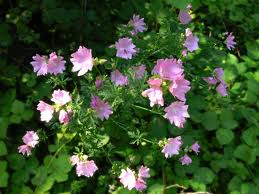 |
Health Benefits & Modern Medicinal uses
Mallow can contribute to ease the pain and treat inflammation of asthma, laryngitis, bronchitis, sore throat or dry, hacking cough, as it helps rid the lungs and respiratory tract of excess fluid and mucus, while at the same time, it helps to soothe irritation and inflammation of the mucous membranes.
Malva sylvestris, like all mallows, is a demulcent, and its particular excellence involves soothing irritated tissue and relieving various forms of inflammation. The leaves contain high amounts of mucilage, which give the herb most of its soothing activity.
It is effective in countering irritation and inflammation of the mucous membranes, and because it contains polysaccharides that form a protective layer on the stomach lining, it is said to lower stomach acids and is useful in relieving gastrointestinal disorders, such as gastric catarrh, enteritis, indigestion, ulcers and colitis.
Used externally, Mallow is an emollient and demulcent that softens tissue and soothes damaged or inflamed surfaces, including dry hands, sunburn and diaper rash. In addition to its emollient qualities, it is also mildly astringent, and when included in poultices, it is helpful for sores, psoriasis, weeping eczema, boils, abscesses, insect bites and wounds.
Finally, a hair rinse can be prepared that not only serves as a mild dye, but also softens the hair and gives it elasticity, which is especially useful as a tonic conditioner for fragile and easily breaking hair.

